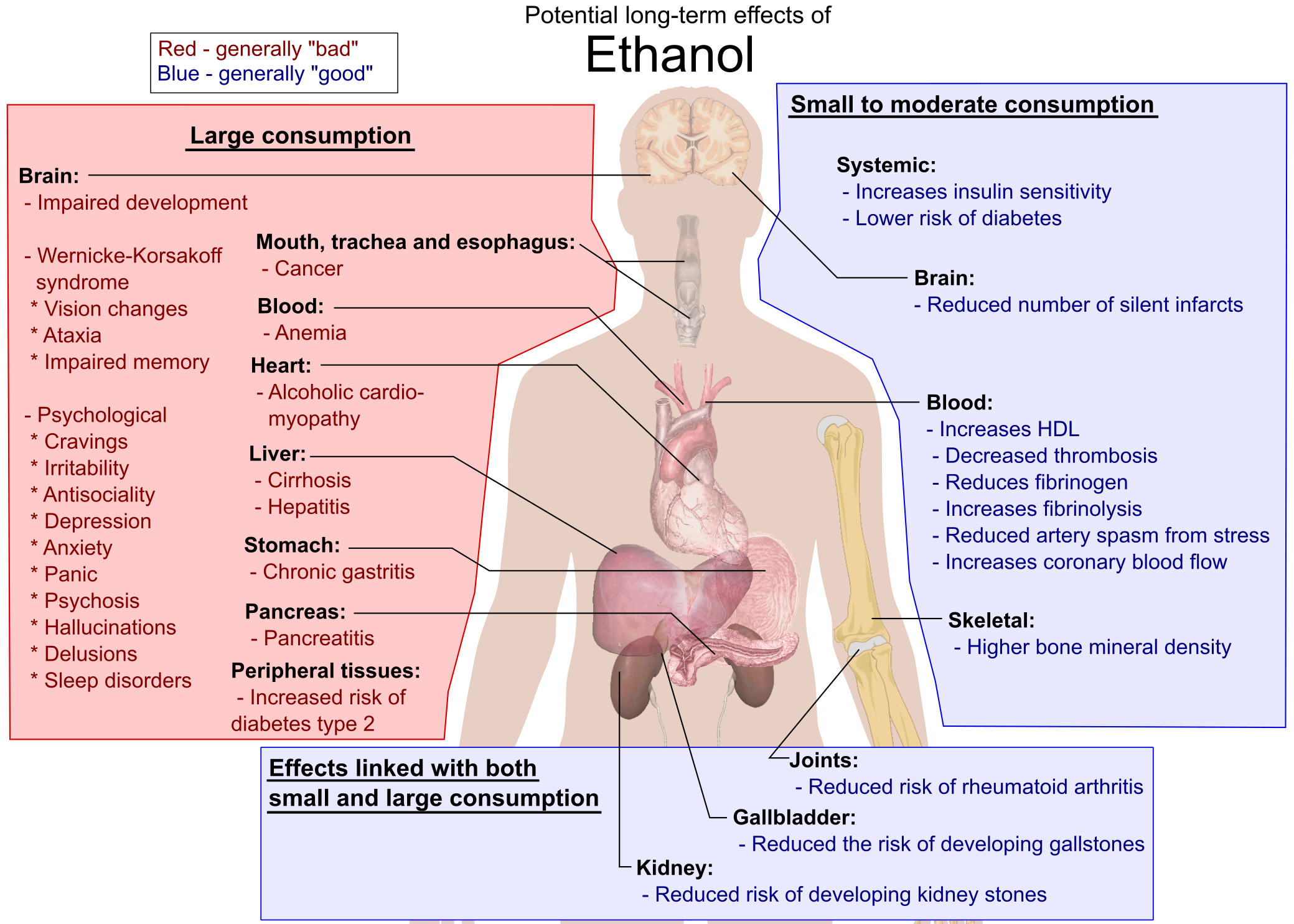The eight new additional women’s preventive services that
will be covered without cost-sharing requirements include:
Well-woman visits: This would include an annual well-woman preventive care visit for adult women to obtain the recommended preventive services, and additional visits if women and their health care providers determine they are necessary. These visits will help women and their health care providers determine what preventive services are appropriate, and set up a plan to help women get the care they need to be healthy.
Gestational diabetes screening: This screening is for women 24 to 28 weeks pregnant, and those at high risk of developing gestational diabetes. It will help improve the health of mothers and babies because women who have gestational diabetes have an increased risk of developing type 2 diabetes in the future. In addition, the children of women with gestational diabetes are at significantly increased risk of being overweight and insulin-resistant throughout childhood.
HPV DNA testing: Women who are 30 or older will have access to high-risk human papillomavirus (HPV) DNA testing every three years, regardless of Pap smear results. Early screening, detection, and treatment have been shown to help reduce the prevalence of cervical cancer.
STI counseling: Sexually-active women will have access to annual counseling on sexually transmitted infections (STIs). These sessions have been shown to reduce risky behavior in patients, yet only 28 percent of women aged 18-44 years reported that they had discussed STIs with a doctor or nurse.
HIV screening and counseling:Sexually-active women will have access to annual counseling on HIV. Women are at increased risk of contracting HIV/AIDS. From 1999 to 2003, the Centers for Disease Control and Prevention reported a 15% increase in AIDS cases among women, and a 1% increase among men.
Contraception and contraceptive counseling:Women will have access to all Food and Drug Administration-approved contraceptive methods, sterilization procedures, and patient education and counseling. These recommendations do not include abortifacient drugs. Most workers in employer-sponsored plans are currently covered for contraceptives. Contraception has additional health benefits like reduced risk of cancer and protection against osteoporosis.
Breastfeeding support, supplies, and counseling:Pregnant and postpartum women will have access to comprehensive lactation support and counseling from trained providers, as well as breastfeeding equipment. Breastfeeding is one of the most effective preventive measures mothers can take to protect their health and that of their children. One of the barriers for breastfeeding is the cost of purchasing or renting breast pumps and nursing related supplies.
Interpersonal and domestic violence screening and counseling: Screening and counseling for interpersonal and domestic violence should be provided for all adolescent and adult women. An estimated 25% of women in the United States report being targets of intimate partner violence during their lifetimes. Screening is effective in the early detection and effectiveness of interventions to increase the safety of abused women.


 :
:  :
:

